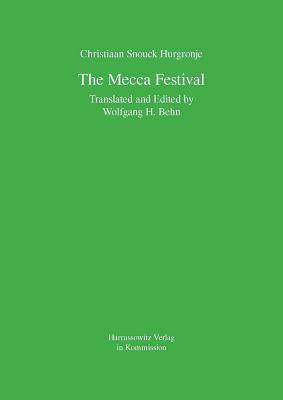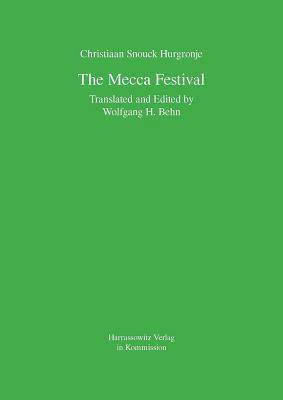
- Afhalen na 1 uur in een winkel met voorraad
- Gratis thuislevering in België vanaf € 30
- Ruim aanbod met 7 miljoen producten
- Afhalen na 1 uur in een winkel met voorraad
- Gratis thuislevering in België vanaf € 30
- Ruim aanbod met 7 miljoen producten
Zoeken
Omschrijving
An enormous advance in the study of Islam is the study of the Dutch scholar and Privy Councillor of the Netherlands, Christiaan Snouk Hurgronje, distinguished by a profound acquaintance with the Arabic sources, a sense of historicity, penetrating criticism, and a persistent logical line of argument. He was a sometime student of Theodor Noldeke at the Reichsuniversitat Straaburg. In his Leiden doctoral study in the Mecca pilgrimage, he convincingly demonstrates that all Koranic passages referring to Islam as the "religion of Abraham" make sense only in the context of Muhammad's Medinan period. The Prophet there experienced the disappointment that the People of the Book, whose religion he had considered to be his very own, refused to recognize him. He then set out to develop a religious alternative to the pagan belief and the pilgrimage that did not in principle contest his early revelations but at the same time could also not as easily be challenged by the People of the Book as did his view of Moses and Jesus. Since the first appearance of the thesis, the work had been a book of seven seals. The long-winded Dutch text and the numerous asides make high demands on the readers' patience and concentration. Wolfgang Behn now provides an English translation in a that helps to adequately appreciate The Mecca Festival.
Specificaties
Betrokkenen
- Auteur(s):
- Vertaler(s):
- Uitgeverij:
Inhoud
- Aantal bladzijden:
- 132
- Taal:
- Engels
Eigenschappen
- Productcode (EAN):
- 9783447067010
- Verschijningsdatum:
- 1/03/2012
- Uitvoering:
- Hardcover
- Formaat:
- Genaaid
- Afmetingen:
- 157 mm x 239 mm
- Gewicht:
- 317 g

Alleen bij Standaard Boekhandel
+ 230 punten op je klantenkaart van Standaard Boekhandel
Beoordelingen
We publiceren alleen reviews die voldoen aan de voorwaarden voor reviews. Bekijk onze voorwaarden voor reviews.








